Publishing
Women are systematically under-cited in neuroscience. New tools can change that.
An omitted citation in a high-profile paper led us to examine our own practices and to help others adopt tools that promote citation diversity.
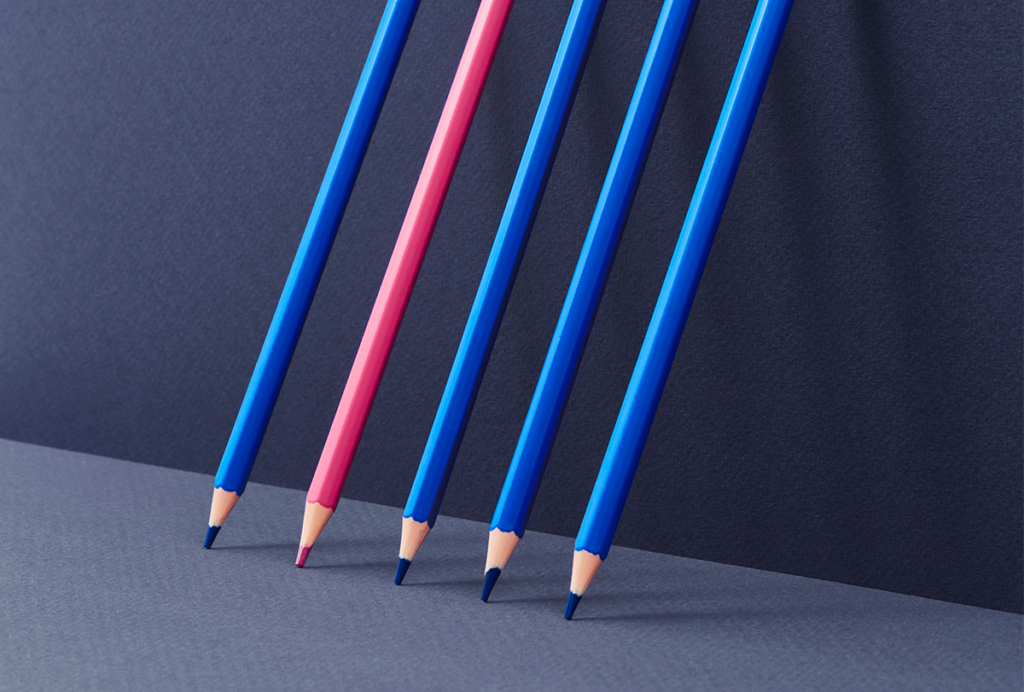
Women are systematically under-cited in neuroscience. New tools can change that.
An omitted citation in a high-profile paper led us to examine our own practices and to help others adopt tools that promote citation diversity.
Postdoc’s grad-school sleuthing raises questions about bee waggle-dance data
A journal has flagged two papers with expressions of concern, which note a co-author acknowledged errors.
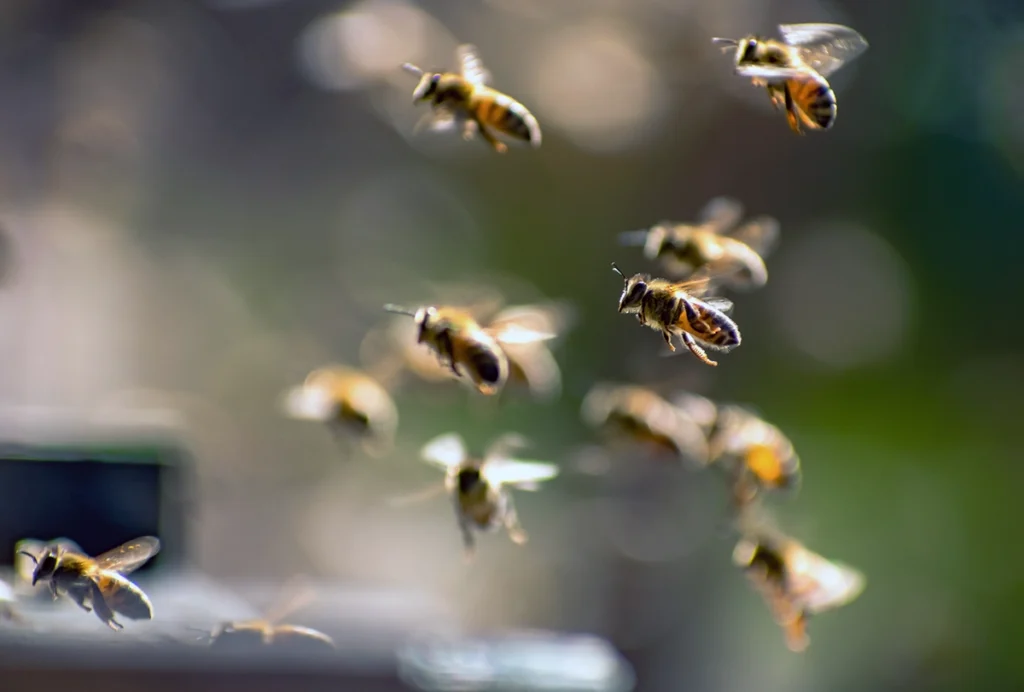
Postdoc’s grad-school sleuthing raises questions about bee waggle-dance data
A journal has flagged two papers with expressions of concern, which note a co-author acknowledged errors.
Widely used calcium imaging protocol can lead to spurious results, new paper cautions
The technique, which measures calcium currents as a proxy for neuronal firing, sometimes reports unusual and potentially misleading waves of activity in the hippocampus.
Widely used calcium imaging protocol can lead to spurious results, new paper cautions
The technique, which measures calcium currents as a proxy for neuronal firing, sometimes reports unusual and potentially misleading waves of activity in the hippocampus.
At the end of the earth with Paul-Antoine Libourel
The French researcher’s accomplishments working with chinstrap penguins in the Antarctic highlight the importance of recording sleep in the wild.
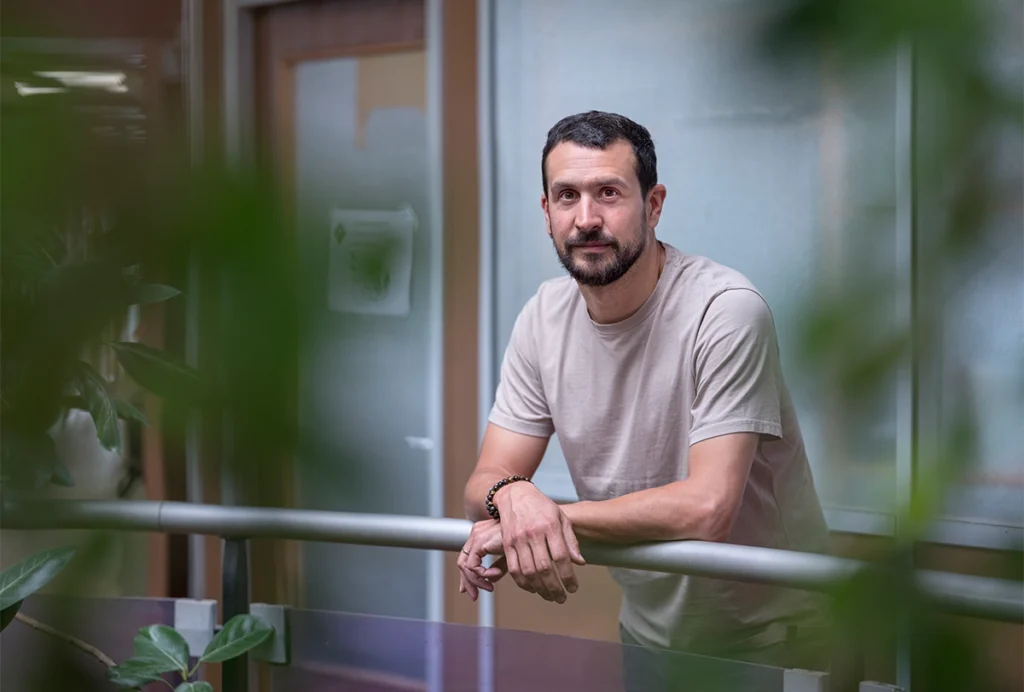
At the end of the earth with Paul-Antoine Libourel
The French researcher’s accomplishments working with chinstrap penguins in the Antarctic highlight the importance of recording sleep in the wild.
Bounty hunting for blunders: Q&A with Russell Poldrack and Jan Wessel
The guinea pigs for a post-publication error-spotting project discuss why the field should destigmatize slipups—and how to handle them better.
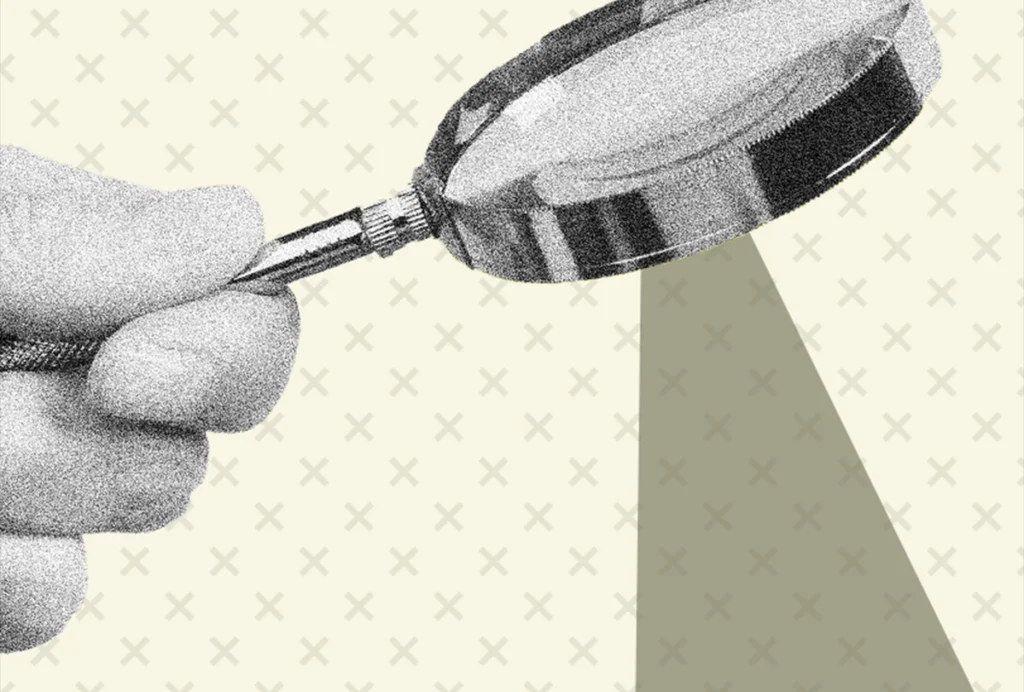
Bounty hunting for blunders: Q&A with Russell Poldrack and Jan Wessel
The guinea pigs for a post-publication error-spotting project discuss why the field should destigmatize slipups—and how to handle them better.
The perils of parachute research
Scientists who study autism in lower-income countries are working to end practices that exploit or ignore collaborators and communities on the ground.
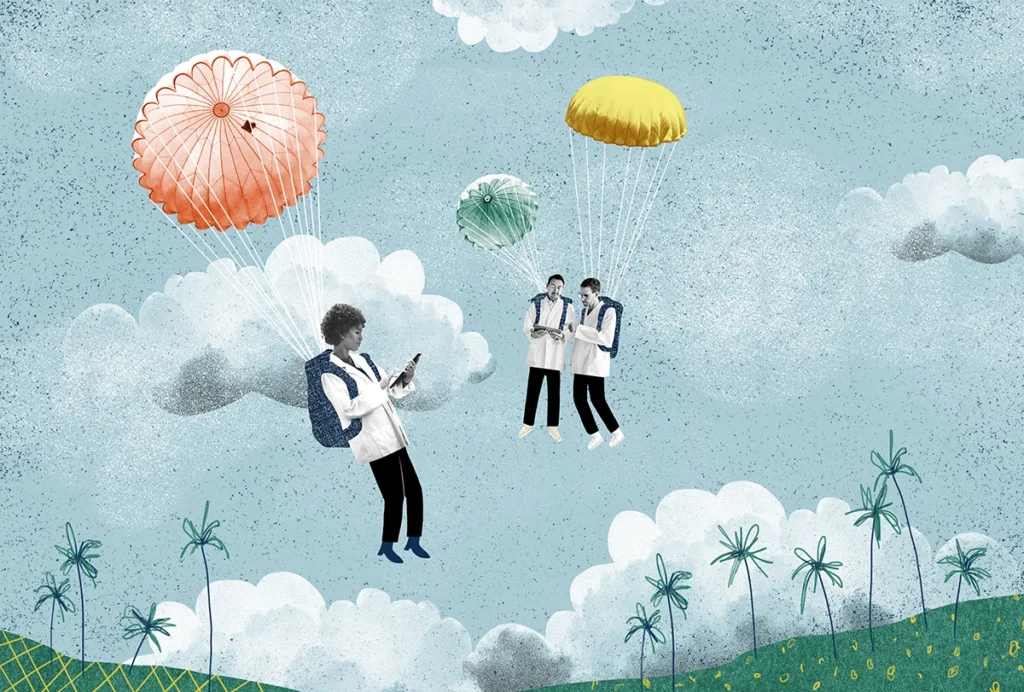
The perils of parachute research
Scientists who study autism in lower-income countries are working to end practices that exploit or ignore collaborators and communities on the ground.
Anti-vax blogger retracts critique of study that debunked vaccination-autism link
The commentary contained misguided criticisms of the study’s statistical methods, the lead investigator says.
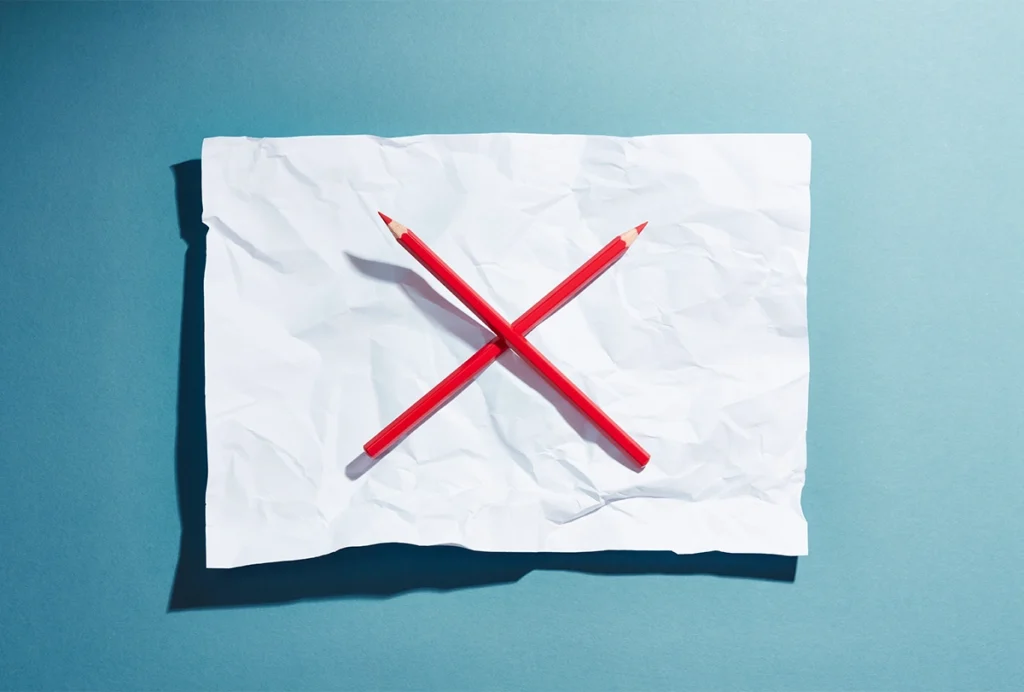
Anti-vax blogger retracts critique of study that debunked vaccination-autism link
The commentary contained misguided criticisms of the study’s statistical methods, the lead investigator says.
At the credit crossroads: Modern neuroscience needs a cultural shift to adopt new authorship practices
Old heuristics to acknowledge contributors—calling out first and last authors, with everyone else in between—don’t work well for large collaborative and interdisciplinary projects, yet they remain the default.
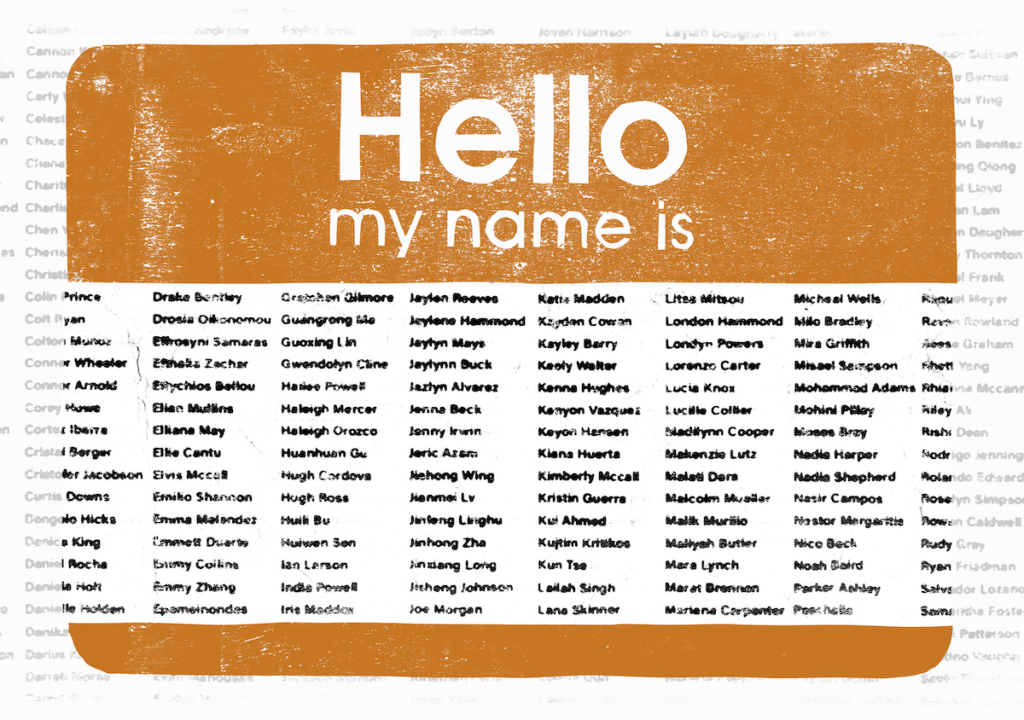
At the credit crossroads: Modern neuroscience needs a cultural shift to adopt new authorship practices
Old heuristics to acknowledge contributors—calling out first and last authors, with everyone else in between—don’t work well for large collaborative and interdisciplinary projects, yet they remain the default.
How to use race and ethnicity data responsibly in neuroscience research
Follow these four tips to avoid using the information in problematic ways, including as a proxy for environmental variables.
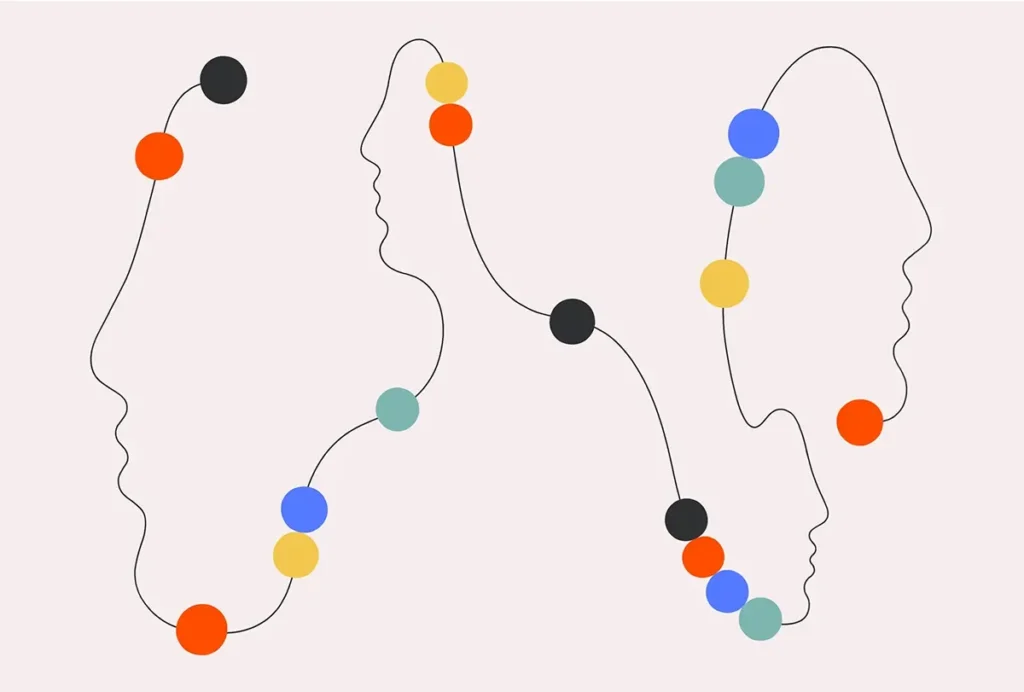
How to use race and ethnicity data responsibly in neuroscience research
Follow these four tips to avoid using the information in problematic ways, including as a proxy for environmental variables.
Reporting bias widespread in early-childhood autism intervention trials
Only 7 percent of completed registered trials were later updated with results, one of several failings identified in a new analysis.
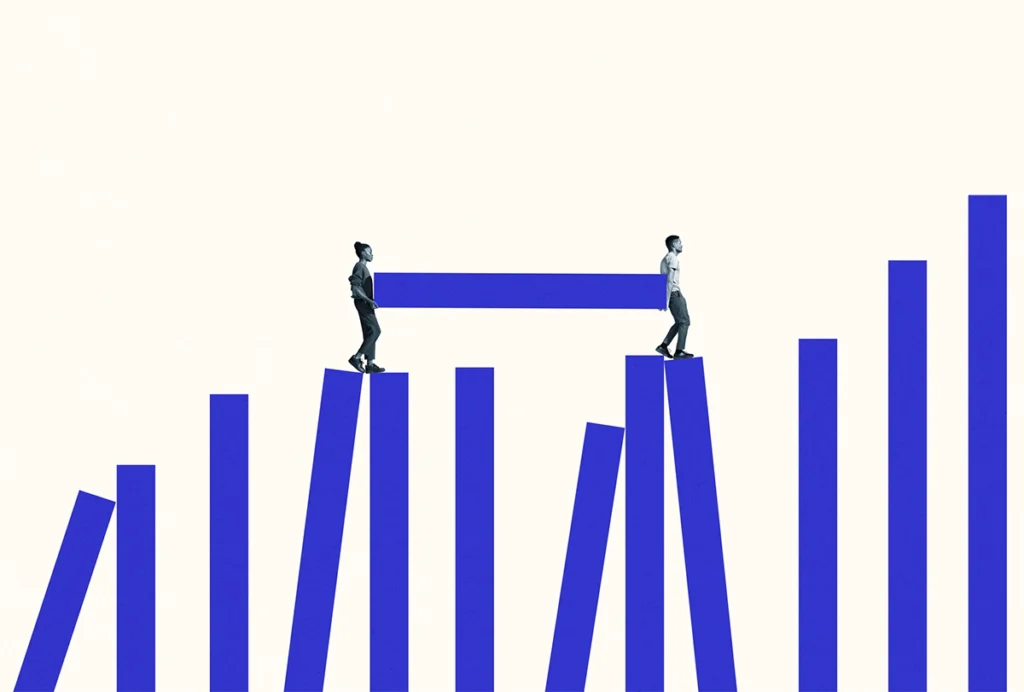
Reporting bias widespread in early-childhood autism intervention trials
Only 7 percent of completed registered trials were later updated with results, one of several failings identified in a new analysis.
Explore more from The Transmitter
New connectomes fly beyond the brain
Researchers are mapping the neurons in Drosophila’s ventral nerve cord, where the central nervous system meets the rest of the body.

New connectomes fly beyond the brain
Researchers are mapping the neurons in Drosophila’s ventral nerve cord, where the central nervous system meets the rest of the body.
Building an autism research registry: Q&A with Tony Charman
A purpose-built database of participants who have shared genomic and behavioral data could give clinical trials a boost, Charman says.

Building an autism research registry: Q&A with Tony Charman
A purpose-built database of participants who have shared genomic and behavioral data could give clinical trials a boost, Charman says.
Cerebellar circuit may convert expected pain relief into real thing
The newly identified circuit taps into the brain’s opioid system to provide a top-down form of pain relief.

Cerebellar circuit may convert expected pain relief into real thing
The newly identified circuit taps into the brain’s opioid system to provide a top-down form of pain relief.